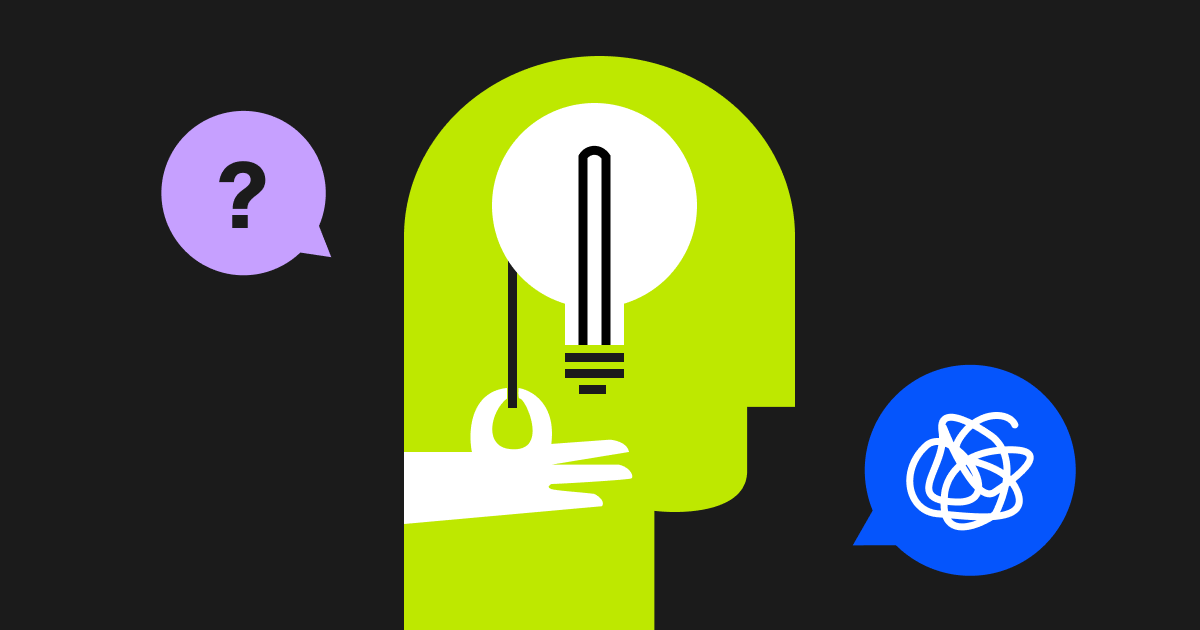Decentralized Autonomous Organizations (DAOs) are entities without central leadership, managed collectively by a community and governed by a predetermined set of rules encoded on a blockchain. They utilize smart contracts—automated codes that execute specific actions once certain conditions are met, which operate on open-source blockchain platforms. All activities and financial transactions are transparent and accessible to the public. Members of a DAO can participate in governance processes, including voting and decision-making, fostering a democratic and accountable environment focused on achieving shared objectives.
The emergence of blockchain technology has notably impacted conventional financial systems. For instance, Bitcoin allows individuals to transfer funds directly to one another without the need for intermediaries. Ethereum has further developed this concept by introducing governance capabilities, enabling organizations to function without centralized oversight. In this article, we will provide an overview of decentralized autonomous organizations (DAOs) and explain their operational principles.
What is a DAO (Decentralized Autonomous Organization) in Simple Terms?
Decentralized Autonomous Organizations (DAOs) are blockchain-based, self-governing entities that enable participants to collaborate toward shared objectives within a trustless environment. DAOs are valued for their transparency, openness, and decentralization, as well as their ability to operate through self-executing smart contracts.
The governing rules of a DAO are established by its members and typically include decisions related to asset management, communication protocols, voting procedures, governance structures, and project management, among other aspects.
Members of a DAO have access to the organization’s activity records, including financial documentation, fostering a transparent environment that reduces the risk of corruption and supports trustless collaboration toward common goals. This organizational model is commonly used in the development of decentralized finance (DeFi), Game-Fi, decentralized applications (DApps), and various crypto or token-based projects.
What is the Purpose of a DAO?
Traditionally, running an organization or business requires a large sum of money and the trust of investors or stakeholders. However, in a blockchain-based DAO, there’s no need to trust anyone. The DAO’s code is fully transparent and verifiable by anyone. This enables global collaboration without relying on central authorities like governments or companies.
Compared to traditional authorities like the government or company, DAO enjoys greater transparency, which discourages corruptive behaviors. Unlike the scandals of some start-ups, founders misuse the company’s funds for personal use, founders or members of a DAO may not easily do so.
DAO vs Centralized Authority
| DAO |
Centralized Authority |
| Transparency: All activity is fully transparent and stored on the blockchain. A corruption-free environment is created. |
Limited transparency: Activities are often private and not easily accessible to the public. |
| Efficiency: The setup of a DAO unlocks geographic openness to enable broader participation. |
Restricted efficiency: Due to the law and regulations of different regions, it requires a large sum of administrative costs to carry out global expansion. |
| Openness: Anyone can join and participate. |
Limited: Limited way to join a centralized authority. |
| Democratic: Changes are made through voting by all members. |
Centralized: Changes are made by a small group of decision-makers. |
Major types of DAO membership
There are 2 major types of DAO membership. Membership owners can determine the major matters of a DAO through voting.
Token-based membership
Members hold tokens that give them governance and voting rights. Tokens can be earned through trading or providing liquidity.
Share-based membership
The governance of share-based membership is relatively centralized but still open. Shares represent direct voting power and ownership. The more shares owned, the greater the voting rights in a DAO. It increases the flexibility of a DAO.
How does DAO work?
Smart contracts are fundamental to a DAO, which is actually a chunk of code that executes automatically if the criteria are fulfilled.
The contract defines the rules of a DAO and manages its funds. Except by voting, no one can change the rules. It does not require any centralized authorities or third parties to monitor the operation. All the financial records, like expenditure, need to be verified by DAO’s members. Once the decision is made, the payment will be settled automatically due to the smart contract function.
Ethereum is one of the most popular platforms for DAOs because of its credibility and the value of its cryptocurrency, ETH, which is second only to Bitcoin. Ethereum supports DeFi, DApps, Game-Fi, and token-based projects.
Challenges of DAOs
While DAOs offer many benefits, they also come with challenges. Security is a major concern, as vulnerabilities can leave a DAO open to exploits and attacks. Additionally, the accumulation of voting tokens could lead to a concentration of power, which might undermine the decentralization that DAOs aim to achieve.
Disclaimer: The opinions expressed in this article are for informational purposes only. This article does not constitute an endorsement of any of the products and services discussed or investment, financial, or trading advice. Qualified professionals should be consulted prior to making financial decisions.
CoinCatch Team
Disclaimer:
Digital asset prices carry high market risk and price volatility. You should carefully consider your investment experience, financial situation, investment objectives, and risk tolerance. CoinCatch is not responsible for any losses that may occur. This article should not be considered financial advice.

